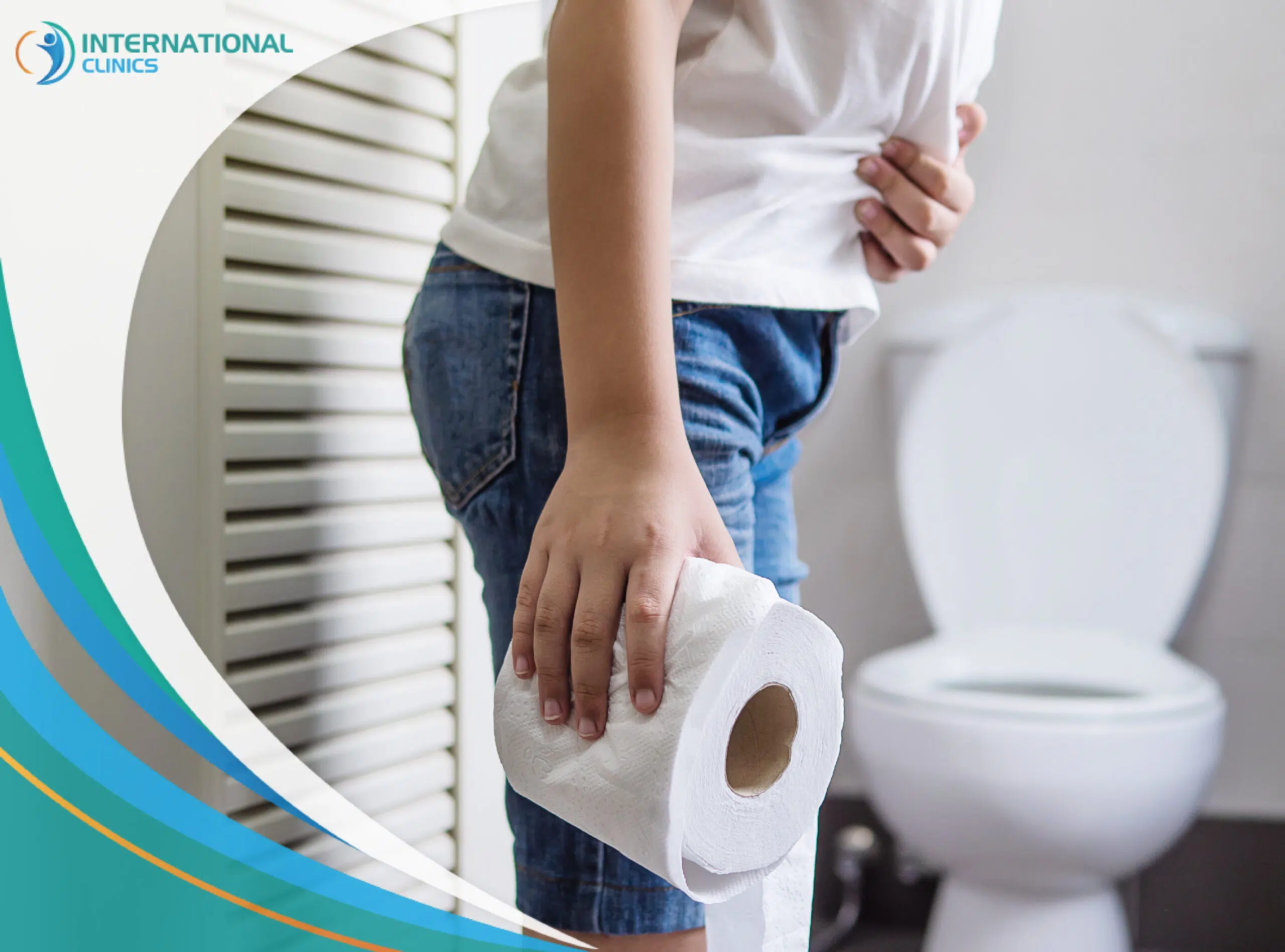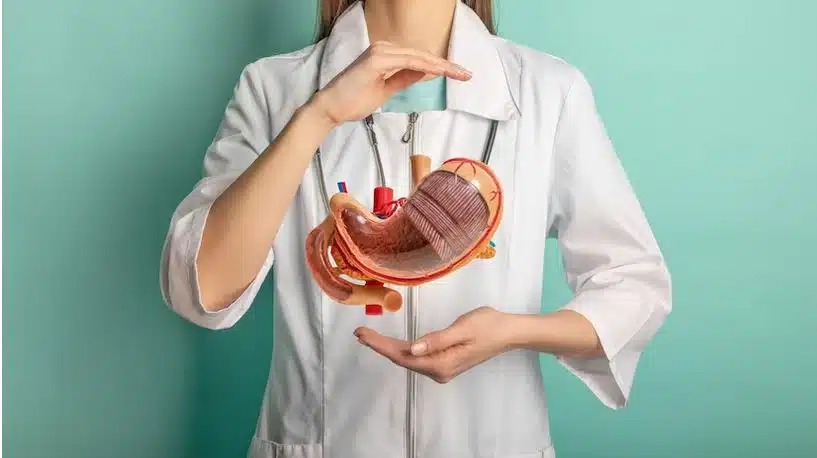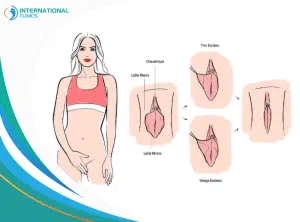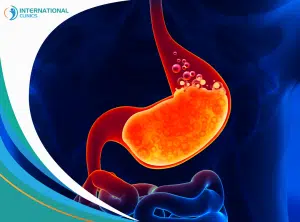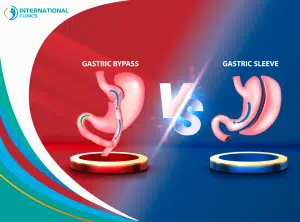Some patients may grapple with a pesky issue known as watery stool or diarrhea after gastric sleeve. This predicament can be quite a nuisance, particularly if it becomes a persistent issue. If the problem persists, your physician may prescribe some types of medications to alleviate your distress.
Both constipation and diarrhea are common issues after weight loss surgery. The causes of diarrhea can be attributed to various factors, such as alterations in gut bacteria and the accelerated exposure of the small intestine to poorly digested food particles.
There is a possibility that you may experience diarrhea after any bariatric surgery, but with time, your digestive system will get accustomed to its new shape, and the issue should eventually resolve on its own.
In any case, if you do find yourself struggling with this issue after your gastric sleeve in Turkey, you must stay hydrated and modify your diet by avoiding food types that seem to trigger your diarrhea.
Is It Normal to Have Diarrhea After Gastric Sleeve?

Diarrhea after gastric sleeve is quite common and might be an early indication of that sneaky problem known as “early dumping syndrome”. This happens when food moves from your stomach to the small intestine faster than it normally should. Interestingly, many surgeons look positively to dumping syndrome and consider it an essential component of postoperative weight loss according to a study.
In General, diarrhea occurs when you’re pooping more frequently than usual or when the poop is loose or watery. There are different types of diarrhea and the reason behind them can vary significantly.
For example, there’s osmotic diarrhea which happens when there’s too much stuff in your gut that your body can’t absorb, like when you eat something your body can’t digest properly or when you’re missing an enzyme that helps with digestion.
If that’s the case, avoiding that food or fasting should help put a stop to the loose stools. To combat this, take your time while eating and give yourself a good 20 to 30 minutes to savor each meal, even if it’s just a little bite.
Read more: Gastric sleeve 10 years later
Causes of Diarrhea After Gastric Sleeve
Diarrhea after gastric sleeve surgery in Turkey can be a result of different factors. we can categorize these factors as follows:
Fatty Acids Absorption
One of the most rampant culprits behind diarrhea following gastric sleeve surgery is the way your body deals with fatty acids. Ordinarily, these acids are absorbed in the small intestine; however, after gastric sleeve surgery, they may become prone to causing distress as they travel through the small intestine and irritate the colon.
Dumping Syndrome
Diarrhea is also a symptom of dumping syndrome. This issue is a common annoyance for bariatric patients and is caused by the rapid entry of high-sugar or high-fat foods into the intestines. This can be triggered by overeating or overdrinking too many liquids too soon after a meal. Along with diarrhea, you may also experience nausea and vomiting, which are also signs of this pesky syndrome.
Infections
Diarrhea could be a case of infectious agents. That occurs when a virus, bacteria, or other unwanted guests have taken over your gut. Don’t worry, your body will fight them off and make you better! In any case, the risk of intra-abdominal infection and UTI is quite high after bariatric surgery in general according to a study.
Medications
Some medications or drugs can cause “secretory diarrhea”. This is when your intestines are working overtime and secreting too much liquid, faster than it can be absorbed. Drugs, toxins, or laxatives could be to blame.
Food Intolerance
Food intolerance is often related to gluten, salicylates, and histamine, and is generally common after most types of obesity surgery in Turkey.
- Gluten: Wheat and barley with high levels of gluten can cause digestive problems for those who are intolerant to it. It’s important not just to cut out bread and cereal products, but also to be mindful of ready-to-eat meals that contain gluten.
- Salicylates: These compounds are found in many healthy foods like fruits and veggies, nuts, and spices. They can cause issues for hypersensitive people. Keep an eye on foods high in salicylates like raisins, oranges, and spices. Stop eating these foods if you suspect they may be the source of your diarrhea.
- Histamine: This is a chemical in the body that helps protect against infections, but it can cause digestive problems for those with histamine intolerance. Foods like fermented products, hard cheese, and dried fruits should be limited if histamine is causing digestive trouble.
- Others: Some liquids and substances such as alcohol can cause diarrhea too.
Treatment of Diarrhea After Gastric Sleeve

Dealing with diarrhea after gastric sleeve isn’t challenging as one may think, but it could increase the total gastric sleeve cost in Turkey. Simple measures such as the following can be enough:
- Keep yourself hydrated by drinking plenty of water and steering clear of foods that are known to agitate your gut, like fatty foods or anything with caffeine.
- Take control by experimenting with alternative foods that might be easier on your system.
- Consider portion size and give your body some time to adjust to the changes and take it slow when introducing new foods back into your diet.
- Don’t go too fast or revert back to unhealthy eating habits that can cause diarrhea.
- Reach out to a specialist if the diarrhea continues to get the medications you need to stop diarrhea.
Diarrhea After Gastric Bypass
As mentioned before, diarrhea is one element of what’s known as dumping syndrome, which occurs in nearly 85% of gastric bypass patients. The syndrome ranges in severity from a mere annoyance to a full-blown crisis. The root cause of this syndrome is often traced back to imprudent food choices.
Obviously, the ingestion of refined sugars, high fructose corn syrup, and high glycemic carbohydrates can send your digestive system into overdrive, emptying the gastric pouch at an alarmingly rapid pace, and inciting an intricate chain reaction of physiological events.
And let’s not forget about dairy products, fats, and fried foods that can also trigger dumping syndrome, leaving you with an urge to visit the bathroom more often. Hence, diarrhea isn’t limited to the gastric sleeve but also can occur after gastric bypass.
The Bottom Line
Gastric sleeve-induced diarrhea results from different factors, some of which have to do with foods. If your symptoms persist for an extended period of time or become a chronic issue, it’s crucial to seek medical advice from a doctor.
To get to the root of the issue, a skilled nutritionist may be able to help you review your diet and identify any potential culprits. The best way to do this is by keeping a detailed diary of what you eat and any subsequent symptoms.
International Clinics in Turkey provides gastric sleeve and gastric bypass procedures to international patients along with diet plans and follow-up sessions to ensure optimal recovery and prevent diarrhea. You can contact us immediately for any inquiry using the button below.
Frequently Asked Questions
Is Diarrhea Common After Bariatric Surgery?
Diarrhea is common after bariatric surgery, particularly after Roux-Y Gastric Bypass and Biliopancreatic Diversion. Diarrhea affects the overall quality of life and can have a significant impact on micronutrient and macronutrient deficiencies.
What Are the Symptoms of a Gastric Sleeve Leak?
The hallmark symptoms that are indicative of a potential leak after the gastric sleeve include an increased heart rate, dizziness, lightheadedness, a persistent fever, pain in the belly region, drainage from the surgical wound site, low blood pressure, decreased production of urine, pain in the left side of your chest or shoulder, nausea and vomiting, and difficulty breathing.
What Helps Diarrhea After Bariatric Surgery?
If you’re aiming to ramp up your fiber intake, you must do this with caution and slowly. Rather than chowing down on more than 20 grams in one day, try spreading it out over the course of each meal or snack to avoid diarrhea after bariatric surgery.
How Do I Know If Something Is Wrong with My Gastric Sleeve?
To know if something is wrong with your gastric sleeve, watch out for symptoms such as fever, abdominal pain, tachycardia, shortness of breath, anxiety, nausea, or vomiting.
How Do You Know If You Stretched Your Gastric Sleeve?
The few signs that may help you know if you have stretched your gastric sleeve include consuming meals that are bigger than what your dietitian suggested, opting for calorie-dense, less nutritious foods instead of sticking to the high-protein diet, and increased hunger no matter how much you’ve already eaten.
What Causes Diarrhea Like Water?
Watery diarrhea can often be traced back to a viral infection or consuming contaminated sustenance such as undercooked, raw meat. If left without treatment, this diarrhea can lead to a dangerous and debilitating state of dehydration.
How Long Does It Take the Stomach to Heal After Gastric Sleeve?
For those who have undergone gastric sleeve surgery, the road to complete recovery is a journey in its own right. While you may feel a bit better and more at ease around the 2-week mark post-surgery, the complete healing of your stomach and digestive system can take anywhere between 6-8 weeks.
Read More:
Gastric Sleeve Regrets: Reasons & Solutions
Obesity Surgery Cost in Turkey
